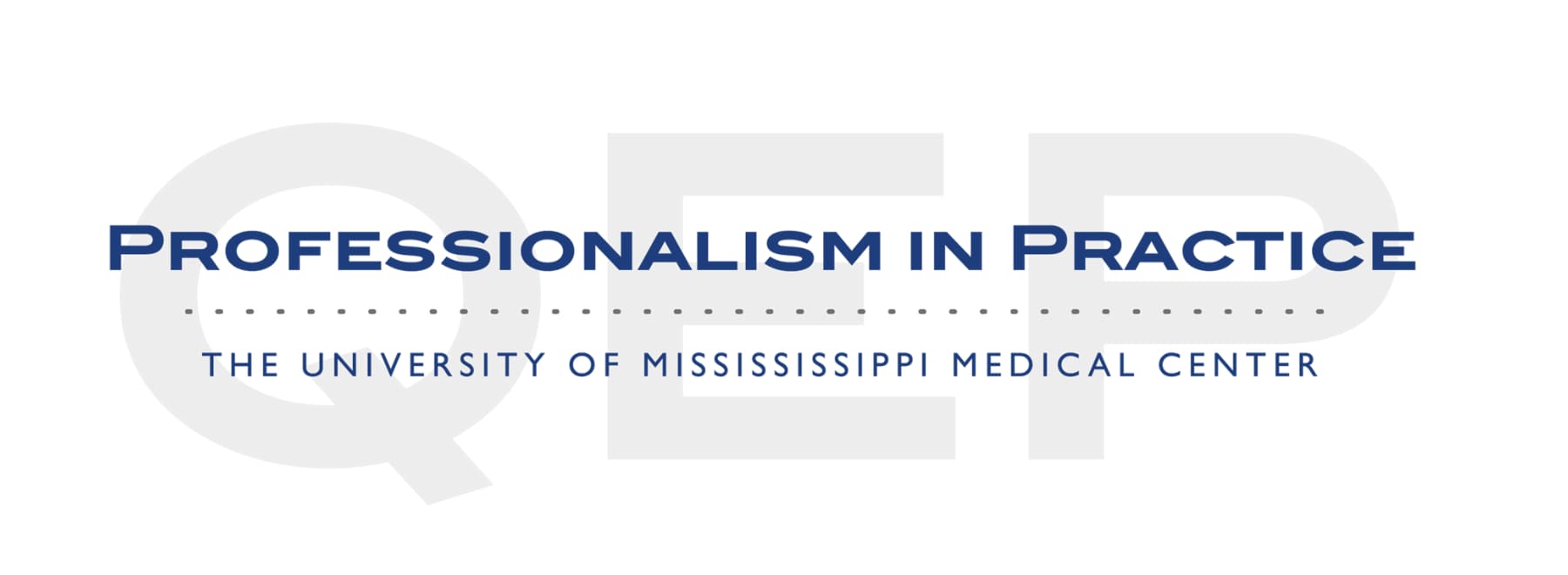
Academic Effectiveness
- Office of Academic Affairs Home
-
About Academic Affairs
- About Academic Affairs
- Academic Affiliations
- Academic Effectiveness
- Academic Engagement
- Academic Excellence
- Center for Bioethics and Medical Humanities
- For Prospective Students
-
For Students
-
Student Affairs
- Office of Student Affairs
- Student Organizations
- Student Life Calendar
- Associated Student Body
-
Student Accounting
- Student Accounting Home
- Tuition Information
- UMMC Waivers
- Tax Information
- Student Insurance
- Contact Us
- Student Counseling Services
- TELUS Health Assistance Program
- Student Benevolence Fund
- Police and Security and Transportation
- Suggestions for the Student Union
- Student Complaints
- Title IX and Sexual Misconduct
- Student Information Systems
- Student Success
- Academic Outreach Programs
- Academic Engagement
- Interprofessional Education
- GivePulse and Service Learning
- Academic Innovation
- Enrollment Management
- Off Campus Housing
- International Services
- Student Accounting and Insurance
- Student Financial Services
- Commencement
-
Student Affairs
- For Faculty
- Resources
- Museum of Medical History
Quality Enhancement Plan: Professionalism in Practice
The Southern Association for Colleges and Schools Commission on Colleges (SACSCOC) requires accredited institutions to conduct a five-year research-based project that is based on an institutional need and enhances overall institutional quality and effectiveness by improving student learning outcomes and/ or student success.
The University of Mississippi’s Medical Center’s (UMMC) Quality Enhancement Plan (QEP), entitled “Professionalism in Practice,” is designed to enhance student learning by actively promoting the development of professionalism in our experiential practitioner curriculum, by focusing on the clinical and scientific learning environments.
The goal is to benefit our students and the health care and scientific fields they are entering by producing graduates with high levels of professionalism in knowledge, behavior, virtue, and identity.
The Professionalism in Practice program has identified three desired student learning outcomes:
- Students will behave in a consistently acceptable professional manner during clinical and scientific learning rotations.
- Students will express virtues associated with professionalism during their clinical and scientific learning rotations.
- Students will internalize a professional during their clinical and scientific learning rotations.
To determine which instructional strategies best promote these professionalism outcomes, we have designed Professionalism in Practice as a comparative study of the effects of five different stacked combinations of teaching methods. Based on a comprehensive review of the research and best practices literature, students beginning their first year of experiential training (clinical and laboratory rotations) will be randomly assigned to one of four educational groups (approximately 1100 students per year for four years).
To assess the effects of the instructional interventions, all student participants will be tested using a panel of established instruments that include direct, indirect, quantitative, qualitative, self-reported, other-reported, pre-test, and post-test measures. These instruments will assess students’ professional behaviors, virtues, and identity.
The QEP will provide a significant and valuable contribution to the mission of UMMC, improving the health and well-being of patients and the community through excellent training for health care professionals, engaging in innovative research, and delivering of state-of-the-art health care by giving us the information to determine the best curriculum for UMMC students and also providing data from this innovative research that other universities may use to promote professionalism.
For more information about the QEP, email UMMC Accreditation.


